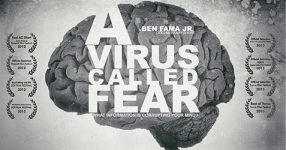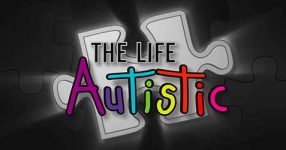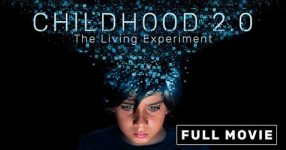In the quest to understand why some children thrive while others face challenges, Carlota Nelson’s documentary, “Brain Matters,” embarks on a global exploration of the factors that contribute to a child’s realization of their full potential.
Foundations of Success: The Crucial Early Years
The film delves into the pivotal first few years of a child’s life, emphasizing the importance of establishing learning routines and interpreting the world. Scientific studies unequivocally support the notion that a solid educational foundation during these formative years significantly influences a child’s future success.
Early Childhood Development: A Global Movement
“Brain Matters” sheds light on the principles of the Early Childhood Development (ECD) movement, emphasizing responsive parenting, emotional and intellectual engagement, nutrition, and the cultivation of healthy habits. This global initiative underscores the significance of preparing children for success from their earliest moments.
Insights and Tips for Parenting Success
Drawing from groundbreaking research, the documentary reveals a 50-year study on the impact of economic status on a child’s ability to learn. Child development specialists and neuroscientists featured in the film share invaluable tips for parents, emphasizing the importance of consistent communication, an early appreciation for language, and constructive playtime.
As the film unfolds, it becomes evident that children flourish when exposed to consistent communication and an early appreciation of language. The incorporation of constructive playtime and even introducing children to music fosters cerebral connections crucial for their later success.
Optimizing Brain Development: From Infancy to Adulthood
The documentary reinforces the idea that a child’s brain is optimized for learning during their early years. With every new experience, connections form, emphasizing the significance of early exposure to positive influences. The saying “practice makes perfect” takes on a new meaning as the film illustrates how repeated use of connections strengthens a child’s cognitive abilities.
In essence, children are born ready to be programmed for various aspects of life, including language, culture, and beliefs. The experiences a child encounters, particularly in the first three years, shape the way their brain develops, influencing their quality of life as adults.
Early Childhood Development in Action: Four Key Experiences
The film introduces a set of four experiences crucial for optimal brain development and future success: a nurturing and responsive caregiver, rich language, play that promotes learning, and good nutrition. These experiences lie at the heart of the Early Childhood Development movement, highlighting the importance of governments prioritizing what happens before a child begins formal schooling.
“Brain Matters” concludes with a powerful message: “serve and return interaction” is essential for brain development. Children thrive when they receive responses to their requests for interaction, irrespective of whether it comes from a blood relative or another individual.
In wrapping up this insightful exploration, the documentary underscores the responsibility of parents and caretakers in building a child’s brain. By providing a healthy dose of nurturing, language exposure, enriching play, and proper nutrition, caregivers contribute significantly to a child’s preparedness for both school and life.
Final Thoughts: “Brain Matters” as Essential Viewing
“Brain Matters,” directed by Carlota Nelson, stands as a well-produced and insightful exploration of the factors that foster the thriving of children. This documentary transcends geographical boundaries, making it essential viewing for parents and educators alike. As we unlock the potential within each child through Early Childhood Development, we pave the way for a future generation that thrives and fulfills its highest aspirations.












